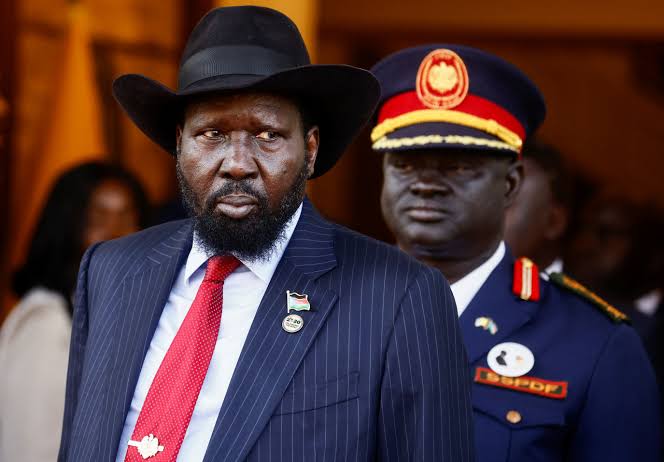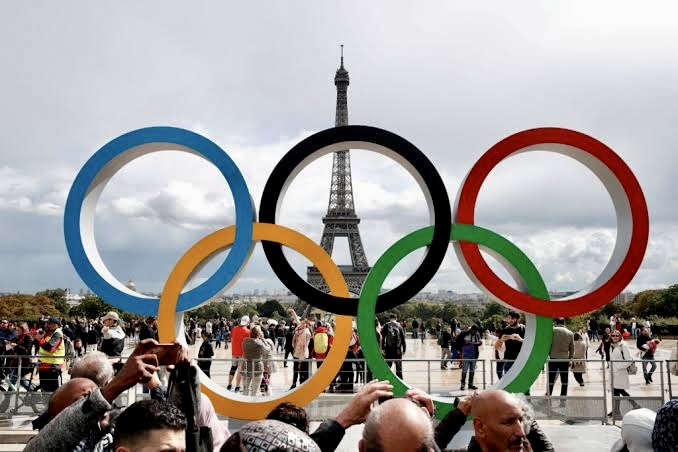
Faith Nyasuguta
South Sudan is currently facing significant challenges on its path out of the transition government, with continuous rights violations, especially in terms of media repression.
These issues are coming to the forefront as the country prepares for scheduled elections in December 2024. A recent report highlights the damaging effects of media censorship on free reporting and the overall problems facing the nation.
Already burdened by the task of accommodating over 200,000 South Sudanese returnees fleeing the conflict in Sudan, the nation is also in dire need of funds to prepare for the upcoming elections. However, media censorship is emerging as a major obstacle to achieving free and fair elections.
During a press conference held in Nairobi, Kenya, on October 5, the United Nations Human Rights Commission in South Sudan expressed grave concerns about media censorship and its potential to undermine the democratic process.
The Commission released a report titled “Entrenched Repression: Systematic Curtailment of the Democratic and Civic Space in South Sudan,” urging the government in Juba to cease unlawful media censorship, lift restrictions on civic and political activities, and put an end to attacks on journalists and human rights defenders.
Yasmin Sooka, the chair of the UN Human Rights Commission in South Sudan, pointed out that the government views journalists and civil society members who voice criticism as enemies of the ruling political party, the South Sudan People’s Liberation Movement (SPLM).
This reflects an extreme intolerance for any form of public scrutiny or critical viewpoints, which is detrimental to democratic prospects.
Sooka emphasized the importance of independent media and a vibrant civil society in fostering accountable governance and the democratic processes necessary for peace and human rights.
The report is based on independent investigations conducted by the commission in 2023, examining the current state of South Sudanese media and civil society actors, both within and outside the country. It reveals how the National Security Service (NSS) enforces government censorship in newsrooms and significantly interferes with the activities of civil society groups.
NSS officers enter newsrooms to review content and censor stories deemed critical or inconvenient to the government, particularly those related to political and human rights issues.
Independent online media outlets are frequently targeted with cyberattacks and website blockages. Civil society groups are required to obtain prior authorizations for their activities, which are then closely monitored to discourage discussions on topics and events that the authorities wish to avoid.
This report was published as the Reconstituted Joint Monitoring and Evaluation Commission (RJMEC) marked five years of the peace agreement between the SPLM and various warring factions during its 32nd monthly meeting in Juba.
RJMEC Chair Maj-Gen Charles Tai Gituai acknowledged that progress had been made in maintaining peace but stressed the need for more efforts to prepare for elections. Completing critical tasks, including security reforms such as professionalizing defense and police forces, is crucial for ending violations and ensuring a successful transition.
South Sudan’s ranking of 118th out of 180 countries in the World Press Freedom Index 2023 reflects the challenges faced by journalists, with at least nine journalists having been killed in the country since 2014. The UN Commission’s report attributes the state’s resistance to democracy to a legacy of decades of factionalism within the militarized liberation movement and a sense of entitlement among the ruling class to the benefits of independence.
Commissioner Barney Afako pointed out the irony that the liberators of South Sudan, now in government, are intolerant of public scrutiny, critical discussions, and political opposition. To achieve the aspirations for freedom that drove their quest for independence, these illiberal and autocratic practices must be abandoned.
In addition to media freedom, the 2018 Revitalized Peace Agreement outlines the need for unifying security forces, establishing transitional justice mechanisms, and enacting a permanent constitution before holding elections. Rushing toward elections without these fundamental elements in place could exacerbate grievances and lead to further violence, with potentially devastating consequences for the country and its citizens.
South Sudan’s lack of independent mechanisms to address human rights abuses and disputes arising from electoral processes further complicates the situation. The absence of an independent and well-resourced judiciary, along with delays in establishing transitional justice institutions, appears to be politically motivated strategies to maintain the supremacy of ruling elites, contrary to the country’s international human rights obligations.
Meanwhile, as nearly 300,000 returnees continue to enter South Sudan from Khartoum and other areas, the United Nations World Food Programme (WFP) warns of a looming hunger emergency for South Sudanese fleeing the Sudanese conflict. WFP reports that 90 percent of returning families are experiencing moderate to severe food insecurity.
Medecins Sans Frontiers (Doctors Without Borders) indicates that since the conflict erupted in Sudan in April, approximately 290,000 people have crossed into South Sudan, with 80 percent of them entering through the Joda border in Upper Nile state.
These returnees often spend weeks or months in informal transit centers in Renk, where they have limited access to food, shelter, water, sanitation, and healthcare. Jocelyn Yapi, MSF head of mission in South Sudan, appeals to donors to ensure that primary healthcare services are consistently available at the border for those arriving with medical conditions.
In conclusion, South Sudan faces numerous challenges, including media censorship, security reforms, and the needs of returnees, as it navigates its transition toward democracy and elections. Addressing these issues and upholding human rights are essential for the nation’s stability and future progress.
RELATED:




